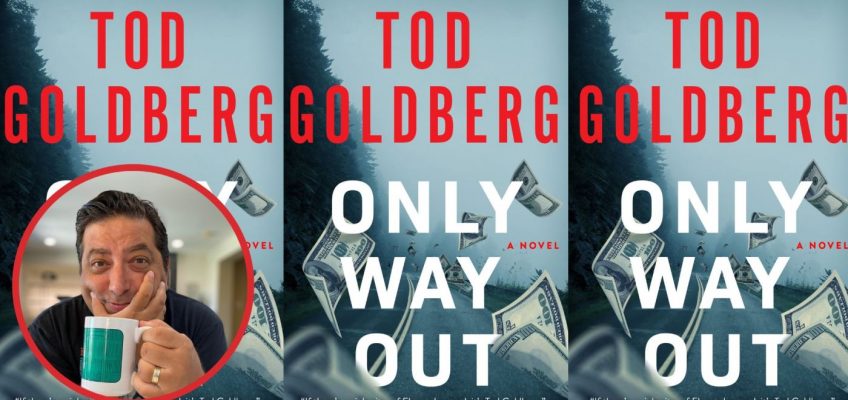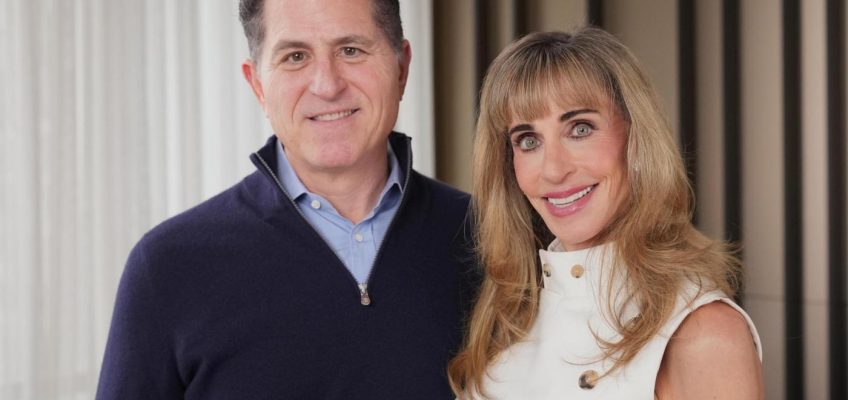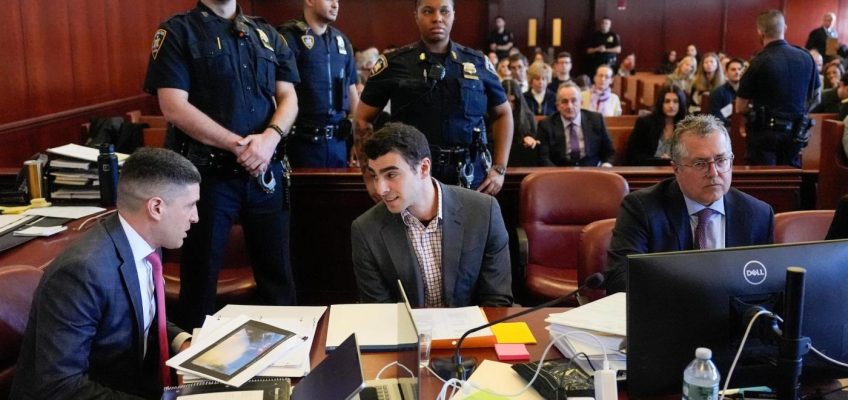By GRAHAM DUNBAR, Associated Press Sports Writer
GENEVA (AP) — Russian skiers and snowboarders won a court ruling on Tuesday to apply as neutral athletes for qualification events to the Milan Cortina Winter Olympics after nearly four years of being excluded during the war on Ukraine.
Related Articles
USA Gymnastics and Olympic sports watchdog failed to stop coach’s sexual abuse, lawsuits alleges
World Juniors: Three Gophers named to Team USA preliminary roster
Under a cloud, the Olympic flame begins its journey to the Milan Cortina Winter Olympics
UN urges all nations to observe a truce during the Winter Olympics in Italy
2026 Winter Olympics will be Jessie Diggins’ last. Here’s why
Russian sports minister Mikhail Degtyaryov posted on social media that an appeal from Russia to the Court of Arbitration for Sport overturned a blanket ban imposed by the International Ski and Snowboard Federation (FIS) within days of the full military invasion in February 2022. FIS renewed the ban in October.
CAS later published its ruling in another legal win for Russian and Belarusian winter sports athletes. In October, a similar appeal to CAS by the Russian luge federation and athletes ruled against a long-standing blanket ban based on their passports.
Sports bodies have excluded Russians mainly for security reasons to protect athletes and prevent protests that also could disrupt the field of play.
Still, there is little time for a three-person FIS panel to process applications from athletes to be approved with neutral status and without their national identity ahead of a Jan. 18 qualification deadline. The Milan Cortina Olympics spread across northern Italy begin on Feb. 6.
FIS runs almost half of the entire Winter Games program — 57 of 116 gold medal events.
The governing body said it “acknowledged the CAS decision” and immediately published a policy document to oversee the athlete vetting process.
Russian athletes and team officials also face challenges getting visas to enter some countries that host qualifying events such as on the World Cup circuit in Alpine, cross-country and freestyle skiing, and snowboarding.
Small Russian team expected
Degtyaryov has said he expects as few as 15 Russian athletes at the Winter Games.
That is a small fraction of the Russian team of more than 200 athletes sent to the 2022 Beijing Winter Games.
Those athletes in Beijing competing for ROC — Russian Olympic Committee, a neutral banner as punishment in the long-running scandal of state doping — won 32 medals including five gold. Five medals including three gold were won by cross-country skier Alexander Bolshunov.
A half-dozen Russians — three men, three women competing as Individual Neutral Athletes which goes by the French acronym AIN — raced in a luge test event at the Olympic track in Cortina d’Ampezzo last weekend. None finished better than 19th, but it was the first step in what will likely be a very difficult road to get to the Olympic start line.
Those Russian luge athletes did not register for this weekend’s World Cup races in Winterberg, Germany. It has been increasingly difficult for Russians to get visas since 2022 and it also is not an Olympic qualifying race.
That said, it seems likely they will try to compete at World Cup luge races in the U.S. this month — first in Park City, Utah, then in Lake Placid, New York — especially as both are Olympic qualifiers.
World Cups in cross-country and freestyle skiing until mid-January are scheduled in Canada, the U.S., Germany, Italy and Switzerland.
IOC guidance
Neutral status can be approved in most sports, following International Olympic Committee guidance, for athletes who have not publicly supported the military invasion of Ukraine and do not have ties to military or state security agencies.
FIS said it would follow that guidance and demand “strict neutrality towards the Russian Federation and the Republic of Belarus since the beginning of the war in Ukraine.”
CAS said its judges gave an urgent ruling combining separate appeals that Russian and Belarusian athletes who meet eligibility standards set by FIS should be allowed to enter international events.
“Both panels (of judges) found that the FIS statutes protect individuals from discrimination and require the FIS to be politically neutral,” the Lausanne-based court said in a statement.
Some Russian and Belarusian athletes competed at the Paris Summer Games last year without their national identity of flag, anthem and team colors. Both countries were banned from team sports.
The IOC must also assess the neutral status of Russian and Belarusian athletes before inviting them to compete at the Milan Cortina Winter Games.
Two Russian figure skaters and one from Belarus were invited to the Olympics by the IOC last week.
AP Sports Writers Tim Reynolds in Miami and James Ellingworth in Duesseldorf, Germany contributed.




